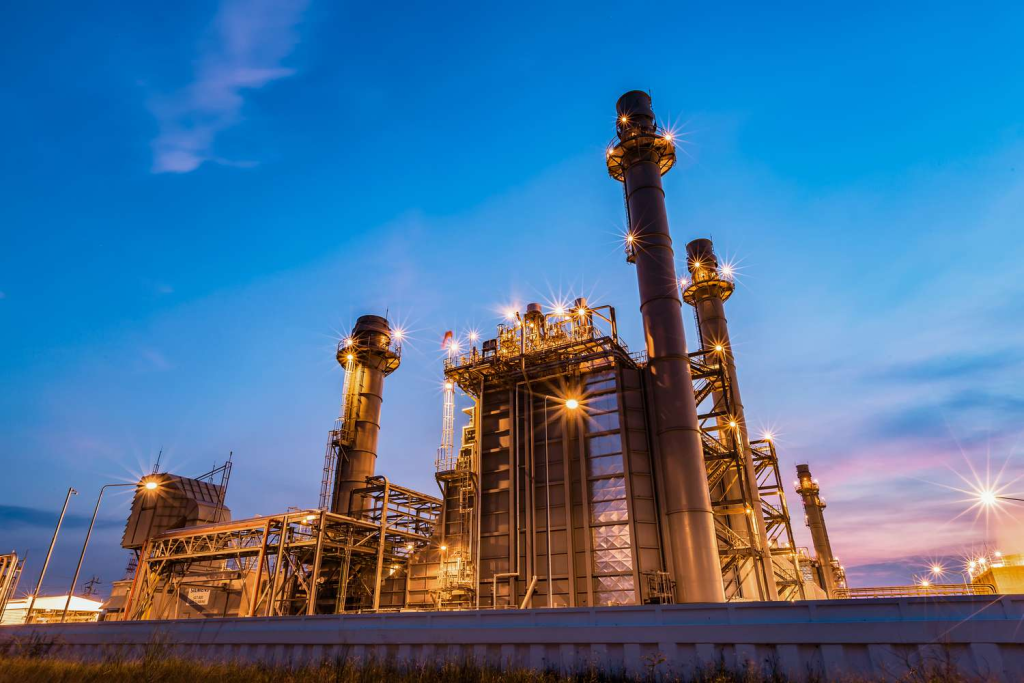Oil (CL=F, BZ=F) prices are being influenced by a mix of supply and demand factors.
Rebecca Babin, CIBC senior energy trader, joins Trader Talk podcast host Kenny Polcari on Catalysts to discuss how global tariffs, particularly in nations like India and China, could influence future demand.
I take and I’m not sure, but I’m kind of on the opposite side of this argument. I don’t think it’s a demand issue at all. I don’t think demand is going to wane at all. I think there’s massive demand on energy. I think it’s purely an oversupply issue and to your point, Saudis came out and now they ramped it up, even more than what we expected and they’re going to flood the market. They’re going to try to bring oil prices down because look, they can operate with oil prices at $40 or $45 a barrel. It’s the US shells that are going to get kind of punched in the face if that happens and then supply will get withdrawn from the markets and it will stabilize. But I don’t necessarily think this decline in oil is because there’s a waning demand in demand, uh a waning demand issue. I think demand is strong and will be strong. I think it’s absolutely an oversupply issue.
Helima Croft
Kenny, I think that’s a that’s a valid point because the data up until now has shown that demand has been okay. Um but I think what the market is telling us when they look forward on these tariffs, particularly that are aimed at where most of demand growth is expected to come from. That’s India, China, Vietnam, Southeast Asia, developing nations, and the tariffs are hitting hardest there. It’s it’s this idea that we have to lower that demand estimate. I don’t argue the point that demand is okay right now. I think what the market is thinking and trying to forecast is where is demand in the future and do I need to take it down? The oversupply comment, I I agree with. One thing I would kind of push back on there is I don’t know if OPEC is going with the flood the market strategy. If they wanted to flood the market, they could have brought back a million barrels, not decide to go from 110,000 barrel um a day increase in May to 400,000 barrel a day increase. I’m not sure that’s their objective. Their objective may be more along the lines of, let’s show Donald Trump that we’re willing to play ball here and see what we can get as part of these negotiations. I don’t think that they want to see crude in the 40s. Yes, they can still be profitable, but keep in mind, they have a huge budget expansion going on and they actually need crude in the high 80s to given get close to balancing that. I I don’t argue the premise of some of that. I just think there’s nuance here we need to take into consideration.
Kenny Polcari
And I agree because I if they really wanted to kill it, they would flood the market. To your point, absolutely because they can. So I do think though that they, you know, they came in, they they announced a bigger production increase than what the market had expected, for sure. I think that to your point, I think they’re trying to test the market a little bit and see where that leaves them and be able to be part of this ongoing conversation, absolutely. But uh I don’t think just to say it, I don’t think demand around the world is waning at all. I’m just in that I’m in that camp.
Helima Croft
Well, let’s see what happens. Delta Airlines came out today and said they’re pulling their guidance and travel’s down and there are some leading indicators that there might be a demand hit, but I’m with you, the crude market in general, I think in these environments, really does tend to pull the rug out from where they think demand will be and they can overshoot what the impact will be and then we see the numbers and demand actually turns out to be better than those worst-case scenarios. So I would absolutely say there is a chance that the market is pricing in a bigger demand hit than will come to fruition. And and I think you do have history behind that. So I agree with you on to a certain extent on that one, Kenny.



